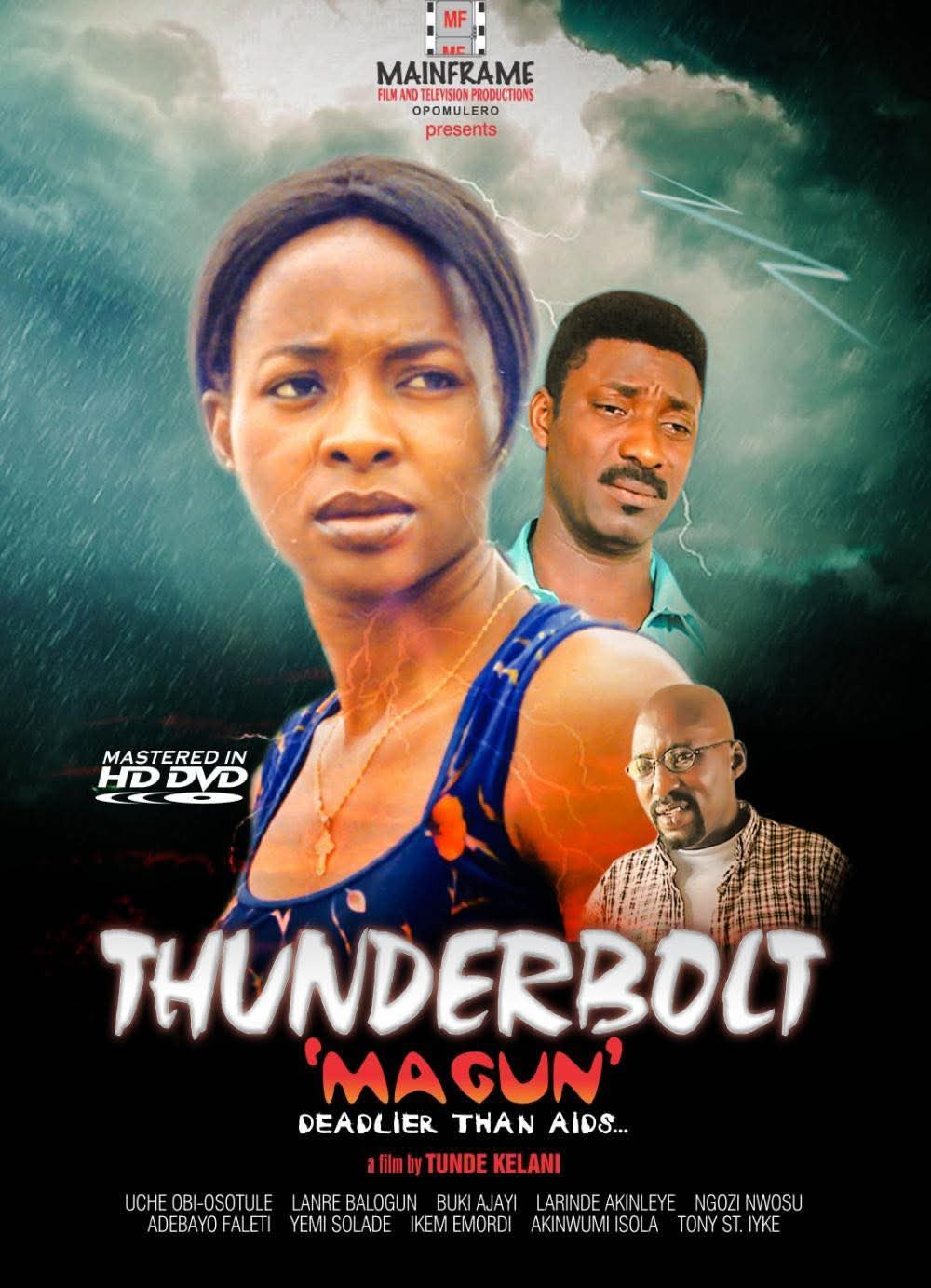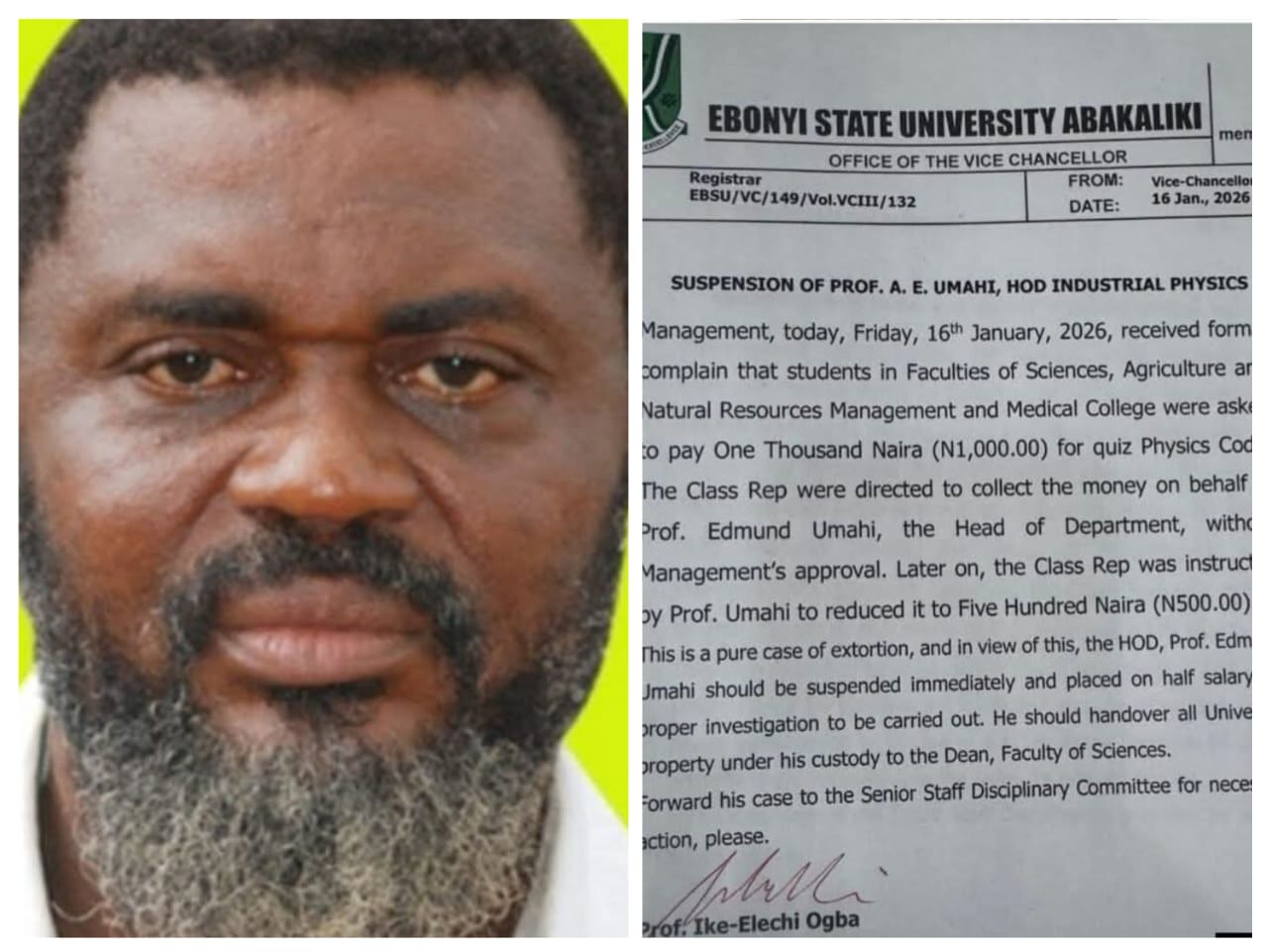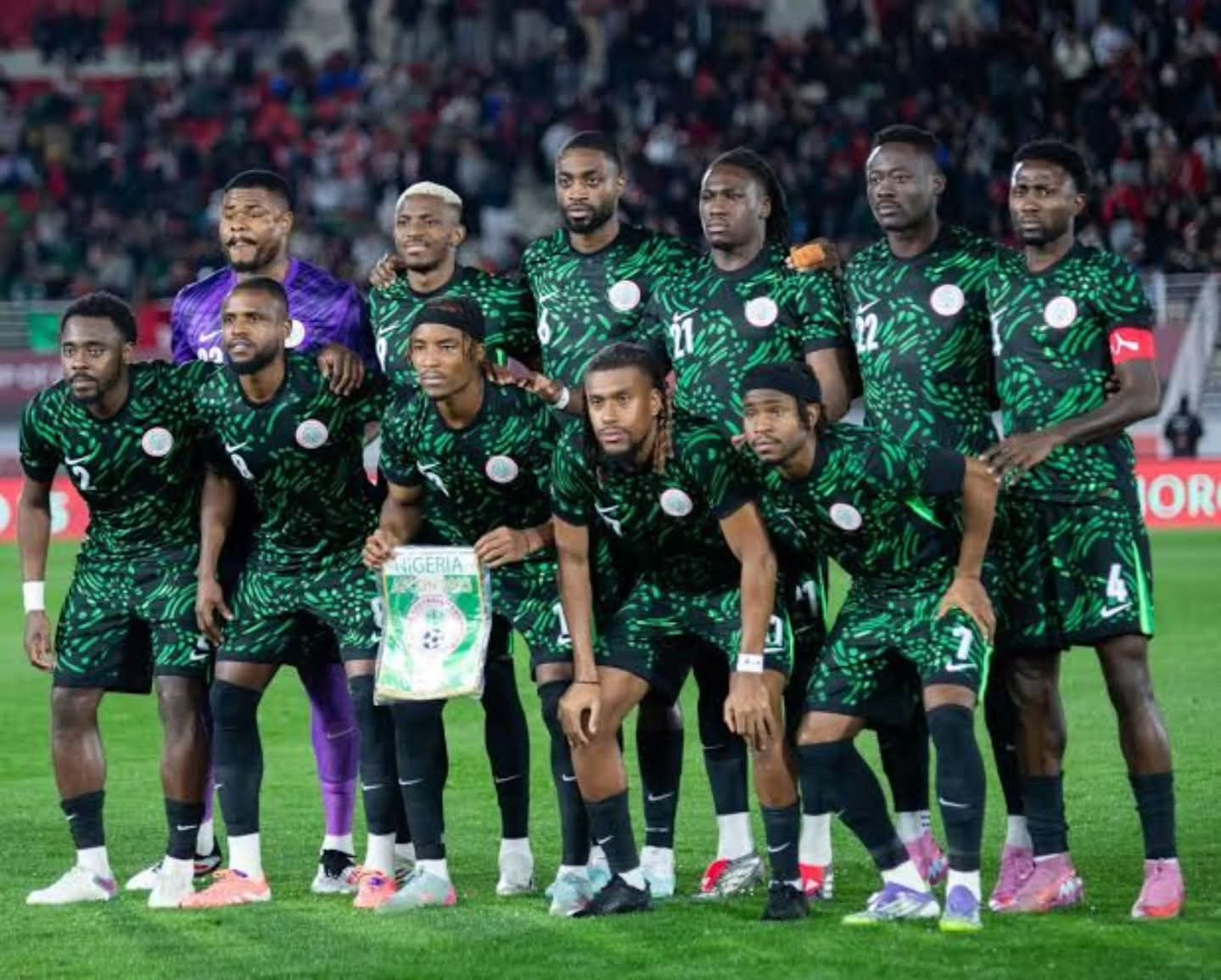
Thunderbolt: When NYSC Met Love, Culture and Tragedy
B
By: Folorunso Fatai Adisa
A few minutes ago, I found myself transported to 2001 when I first watched Thunderbolt (Magun), a Tunde Kelani Mainframe Productions storied by the legendary Adebayo Faleti and produced by Tunde Kelani, in the sitting room of my older cousin, Kemi Yunus. The film rekindled memories of a time when the National Youth Service Corps (NYSC) meant discovery, not dread.
Back then, NYSC was an adventure. Graduates looked forward to serving beyond their home states, eager to taste the diversity of Nigeria: its food, faiths, languages, and rhythms of life. Service was an education in culture. Today, the spirit feels dimmed, yet Thunderbolt captures that lost spark vividly.
The film tells the story of Ngozi, an Igbo woman who falls in love with Yinka, a Yoruba man she meets while serving in Oleyo, a rural town in Western Nigeria. Their marriage, born of idealism and affection, becomes a study in love, jealousy, and the fatal consequences of gossip. What begins as a tale of cultural harmony turns tragic under the weight of suspicion and superstition.
The late Dr. Larinde, the unforgettable village headmaster, remains my highlight. His diction, poise, and gestures were a masterclass in acting: refined, restrained, yet resonant. That era of Yoruba cinema, guided by the linguistic brilliance of Faleti and the grammatical finesse of Professor Akinwumi Isola, was a golden age. Kelani, ever the cinematic bridge, wove scholars and thespians into one tapestry, and the result was spellbinding.
Mama Bukky Ajayi (Adetutu) delivered a performance steeped in realism and maternal wisdom. The moment she drew Yemi Solade aside to warn him of the death veiled in love was haunting, a quiet validation that blood, indeed, is thicker than water.
Uche Obi-Osotule (Ngozi) outdid herself. Watching her, one could have sworn she was destined to stand alongside Genevieve Nnaji and Omotola Jalade. But fate has its own script.
The film’s setting mirrored its message: that gossip, the “grapevine,” can wreck even the strongest of unions. Had Yinka ignored the beer-parlour rumours, he might not have doubted his faithful wife or resorted to the fatal charm, Magun. The movie also exposed the cracks in inter-ethnic marriages, where language and culture can both connect and divide.
When Ngozi’s father thundered his disapproval and Dr. Larinde interjected that “an evil man gives a bad name to his race even when that race contains a host of angels but a race is a race, and a man is a man,” the film reached its philosophical heart, a timeless lesson that goodness and evil transcend tribe.
In the end, Thunderbolt is not just a story of love and betrayal; it is a study of faith, in people, in culture, and in the unseen. It remains one of those rare films that taught language, celebrated culture, and mirrored our social truths.
Today, standards have dwindled. The poetry is gone. However, Thunderbolt tells us of what once was: a time when cinema was not merely watched but deeply felt.




















